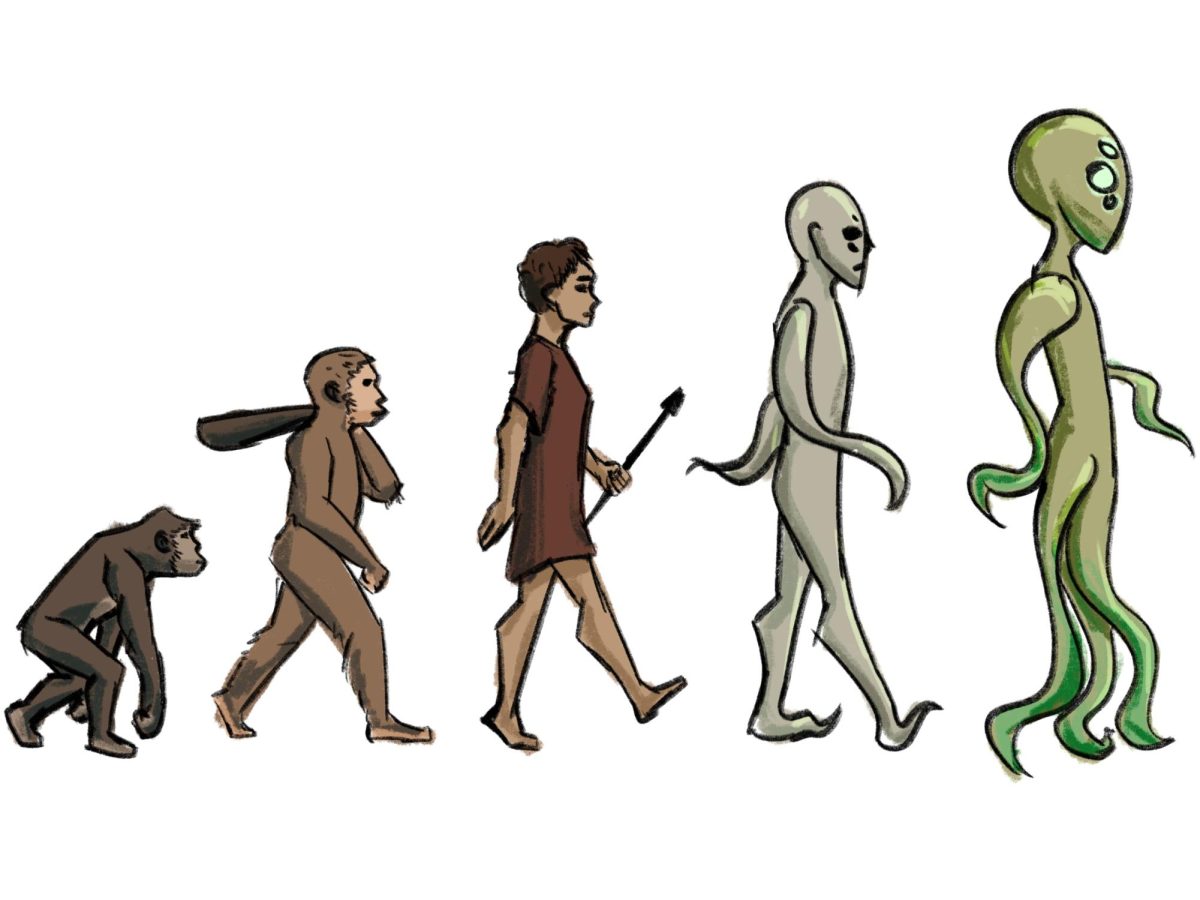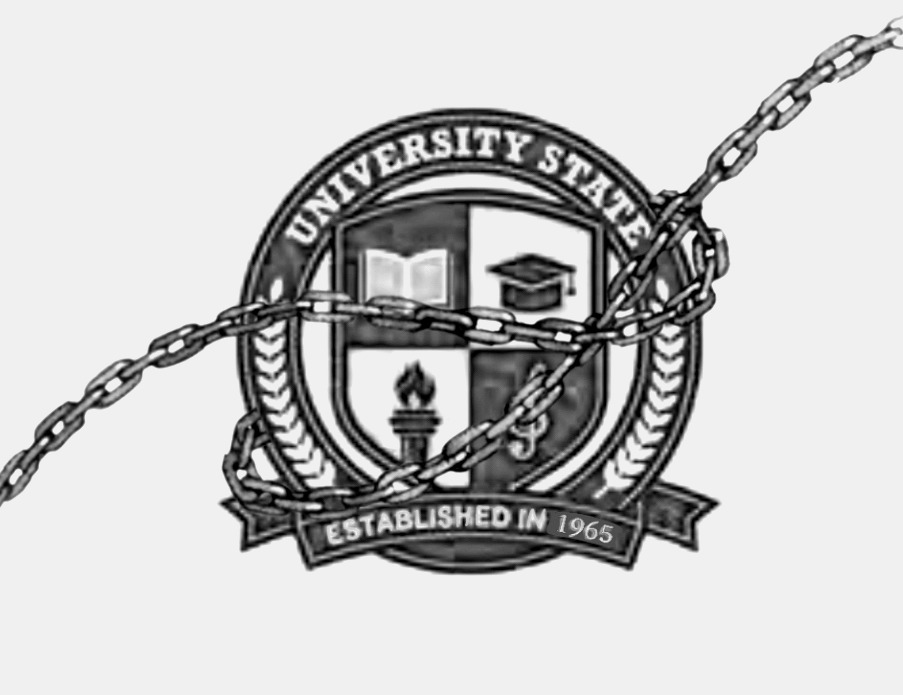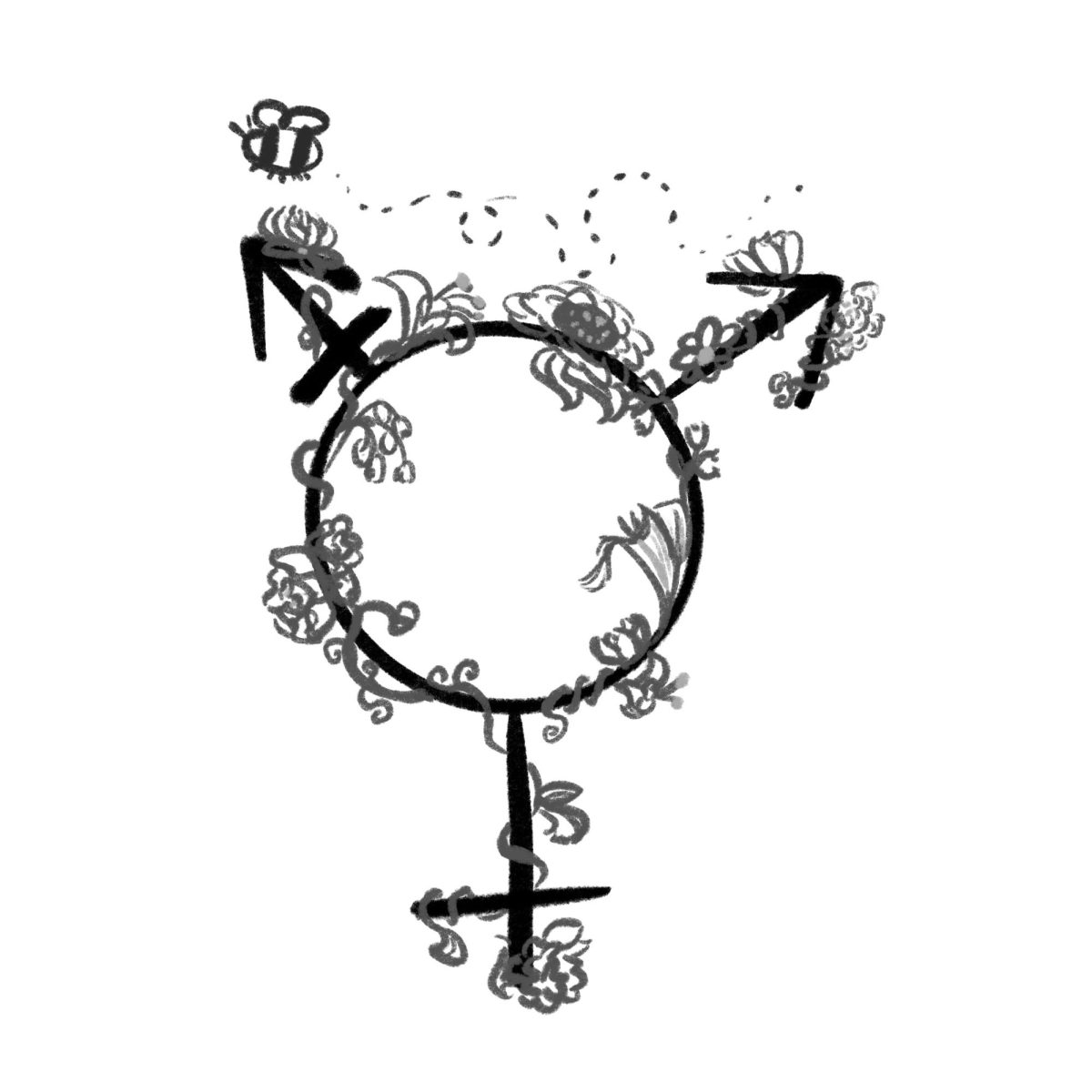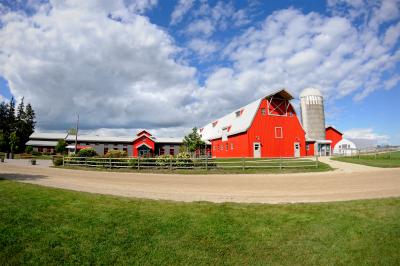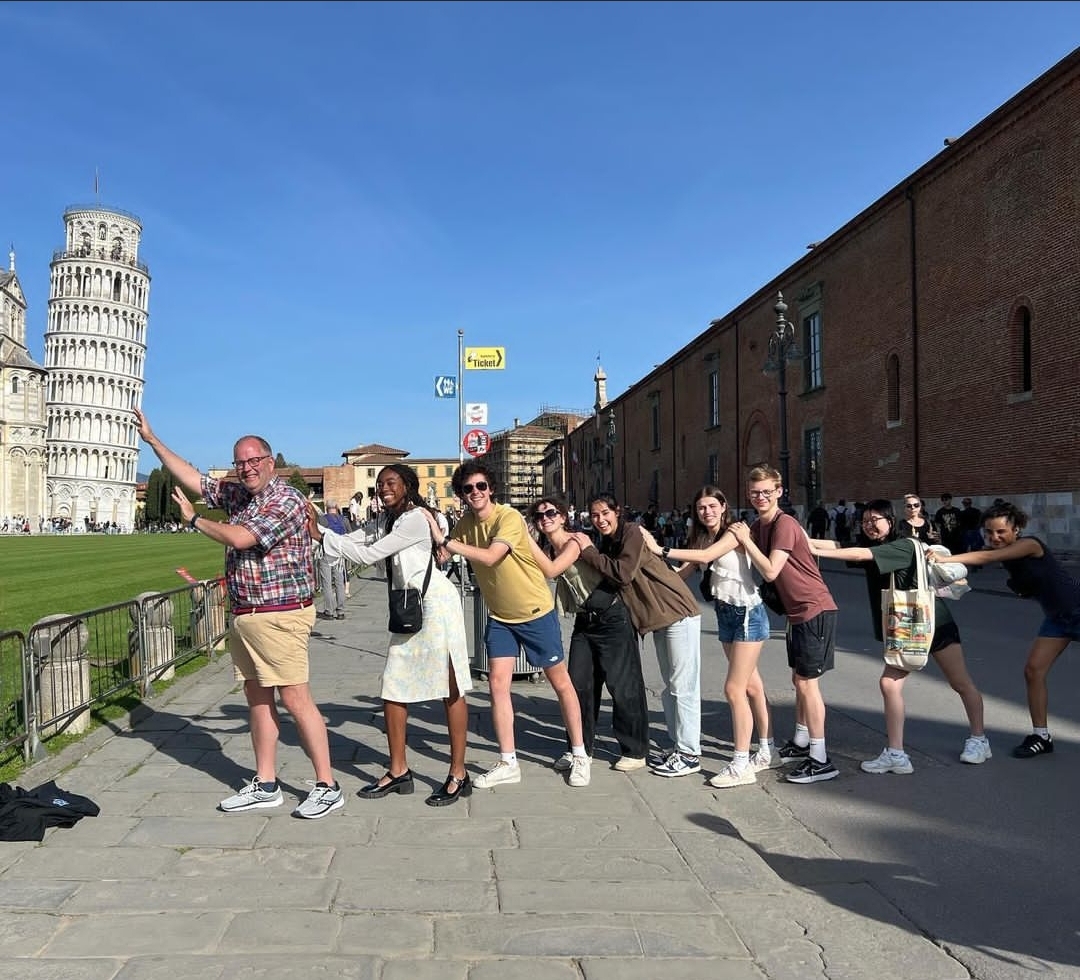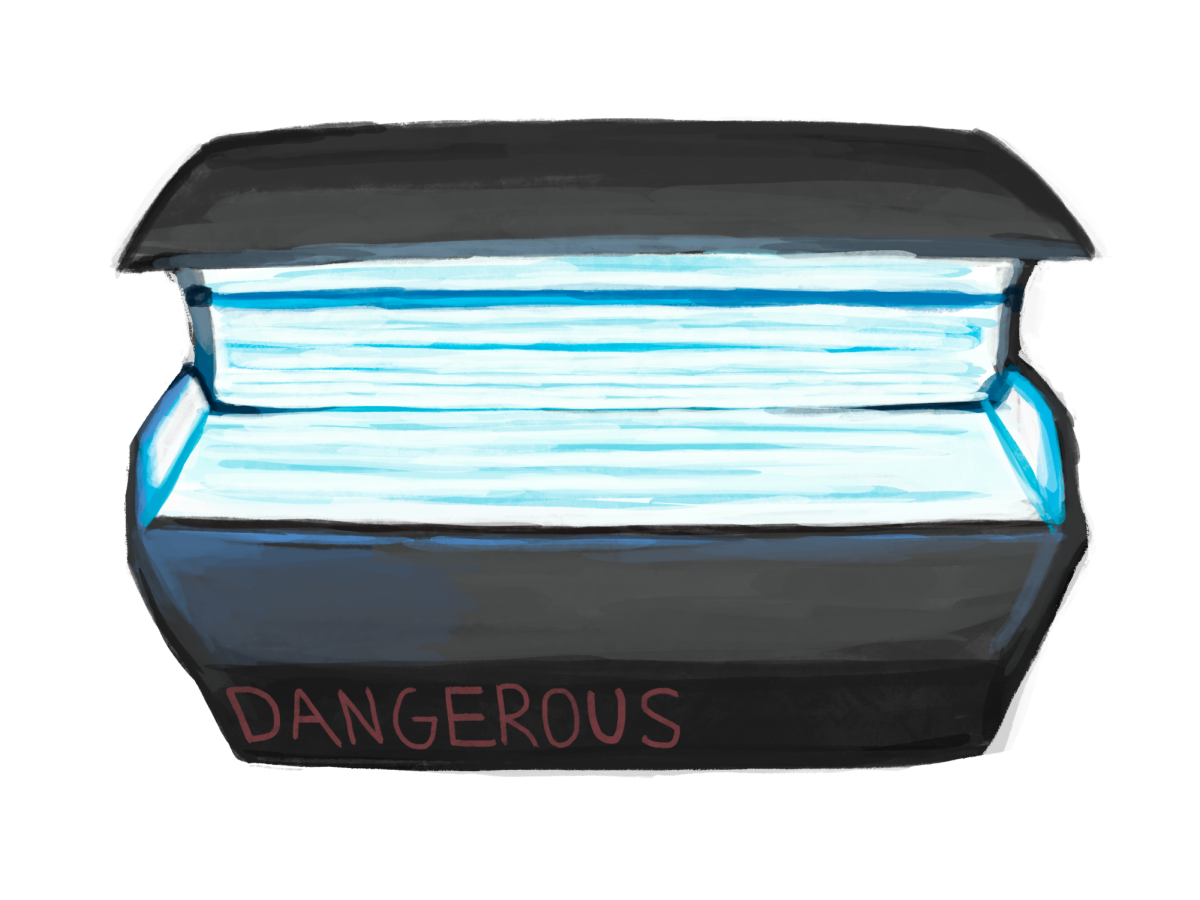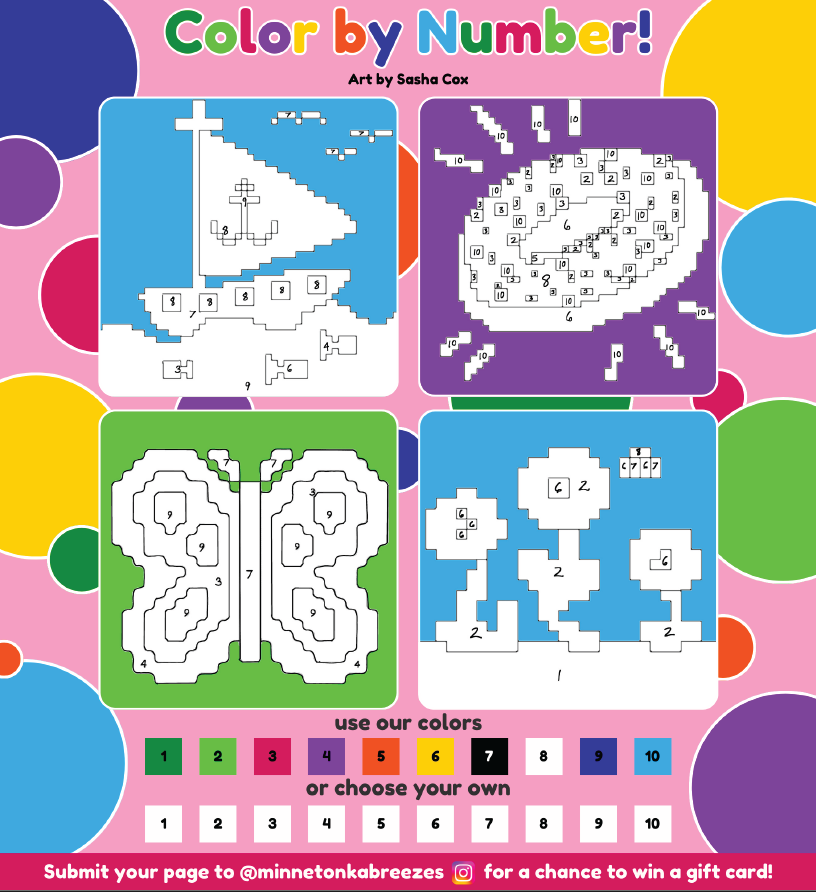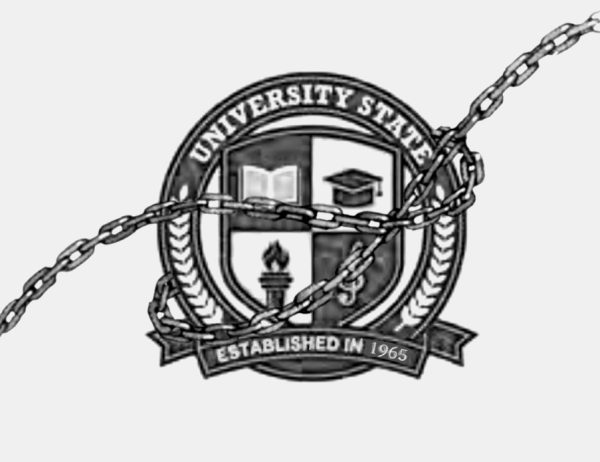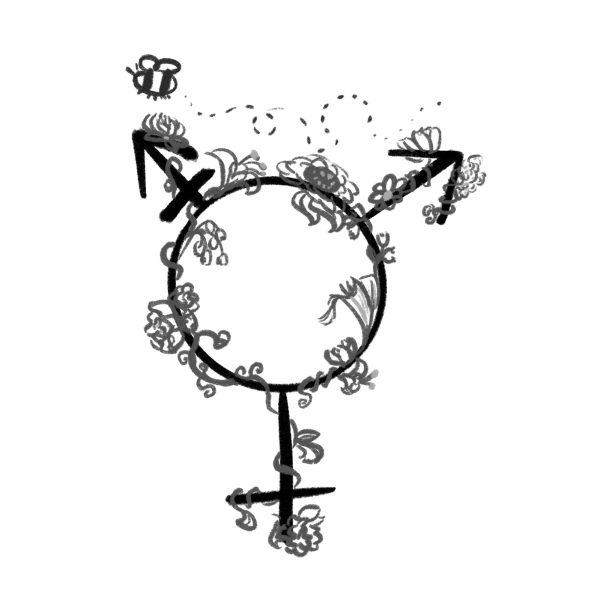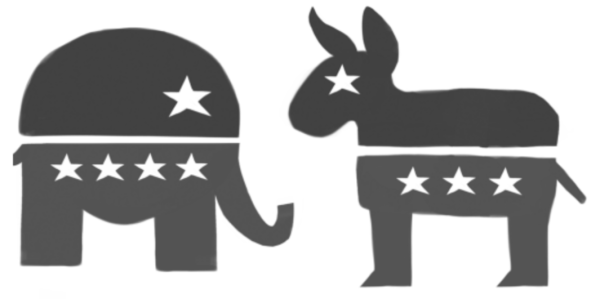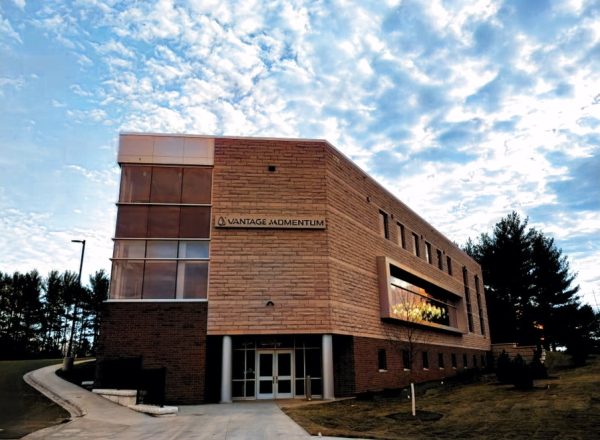Do You Speak Mexican?
For one of the world’s most diverse nations, we’re also one of the most uninformed about countries and ethnicities that establish this diversity. Many Americans really don’t know about the world beyond and within our borders. The extent of this ignorance is both humiliating and concerning for the US. National Geographic’s Survey of Geographic Literacy in 2006 showed that 63% of Americans ages 18-24 failed to locate Iraq on a map though troops had been there since 2003, 54% didn’t know Sudan was a country in Africa despite extensive media coverage of the civil war and genocide in Darfur, and 75% couldn’t locate Indonesia even after the devastating tsunami in 2004. Allow me to validate this with remarks of some of our own MHS students as relayed by the foreign exchange students:
“Do you speak Mexican?”
“Austria? Do you mean Australia?”
“I thought Denmark was a state?”
“You’re from England? I thought you said you were from Great Britain?”
“Are Dutch people from Dutcherland?”
The above comments have been overheard in the halls of the school we all know; the very school that is often praised for its high test scores and internationally-minded education. It’s easy to blame “the rest” of the country’s population for poorly representing its collective global aptitude, creating a wedge between the well-informed “us” and misinformed “them”. This is Minnetonka after all. But it’s not just a certain region of United States or the American stereotype that’s ignorant about the rest of the world; we are all part of the problem. And even if you find yourself chuckling at such abominations, don’t be so quick to refute your own lack of international awareness. It’s likely that most of us wouldn’t be able to identify more than a couple of countries in Africa, name the native language of the Philippines, or discuss the basis of the Syrian civil war. The truth is that not many of us were ever exposed to an extensive geography education and even less of us pay attention to current events in the world. Our ignorance is a sad combination of lack of education and an apparently apathetic youth culture.
Talk to any of the foreign exchange students and many of them will tell you the same thing: school here is easy. In their home countries, many of them take a much wider range of classes, all of which are required (not chosen). They go further in depth into the material they’re given, and all assessments are written (multiple choice tests are largely unheard of). Most are required to take a second and third language, and they are significantly more geographically literate. Sometimes it even seems like they know more about the US than we do, yet they will rarely come across an American that’s just as informed about their country as they are about ours.
How are we supposed to be successful and make an impact in a rapidly globalizing world when we don’t even know basic geography? How are we supposed to address our ignorance without even acknowledging what we don’t know? There’s a growing need for our generation to be informed and engage in the larger world (and to do so open-mindedly), and in this technological age that is easier than ever. So what are we waiting for?

